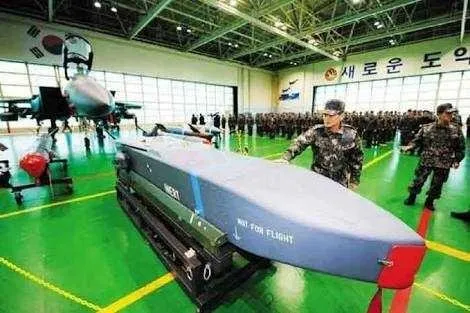
South Korea has reached an agreement to acquire long-range Taurus long-range air missiles depending on tension on the peninsula.
"The contract was signed in late February," said Kang Hwan-seok, spokesman for the Defense Akquisition Program Administration (DAPA), Yonhap's surrender Tuesday March 13, 2018.
South Korea had previously ordered 170 Taurus precision missiles, known as bunker-buster missiles by 2013. Most of the weapons were mounted on F-15K fighter jets.
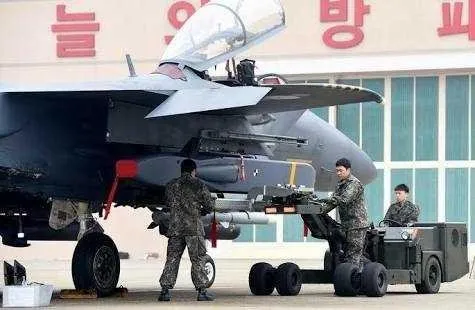
Last year, the government program program for the purchase of 90 additional Taurus missiles was in the midst of a push to build a pre-emptive strike system Chain to carry out a rapidly expanding North Korean nuclear and missile program.
Produced by German-Swedish defense producer Taurus Systems GmbH, the missile has a distance of 500 kilometers.
The missile can be used to destroy North Korea's main facilities including leaders' hideouts and radar stations.
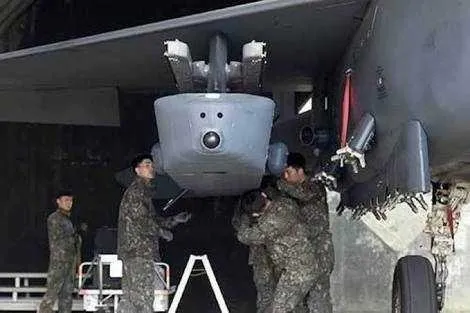
In the case of the Korean war again broke their F-15K Slam Eagle equipped with Taurus missiles would be a dangerous tandem for Pyongyang.
The F-15K Slam Eagle was originally designed to penetrate the North's air defense system and could destroy major military facilities.
While Taurus missiles have a range of more than 500 km. Carrying Taurus missiles, the aircraft can hit the North Korean capital of Pyongyang while flying over Daejeon, 164 kilometers south of Seoul or still in its own airspace.
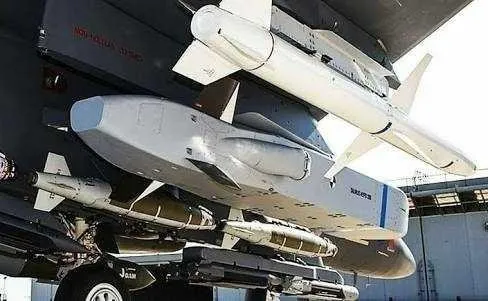
This fighter jet can also fire Taurus in the East Sea and hit North missile launch facility in Hwadae, in the north of North Korea.
The taurus has a length of 5.1 meters and weighs 1,400 kilograms. This system has 480 kg warheads capable of destroying bunkers and can fly low about 40 m from the ground at Mach 0.95 speed which allows to avoid enemy radar.
The GPS system also allows to precisely reach the target even though the enemy is doing the jamming.
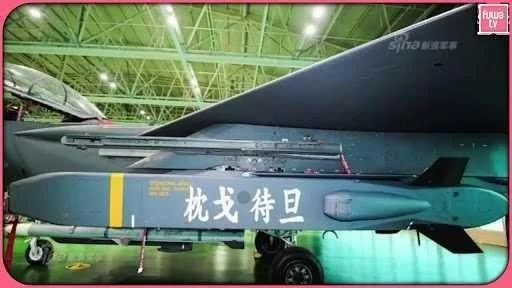
South Korea begins receiving Taurus in 2016. Deliveries to South Korea have been delayed for almost a year as the United States is reluctant to sell South Korean military GPS receivers.
Americans are reluctant to export these key electronic devices to East Asian allies because Chinese spies have easily gained access to military secrets in South Korea, Japan and Taiwan.